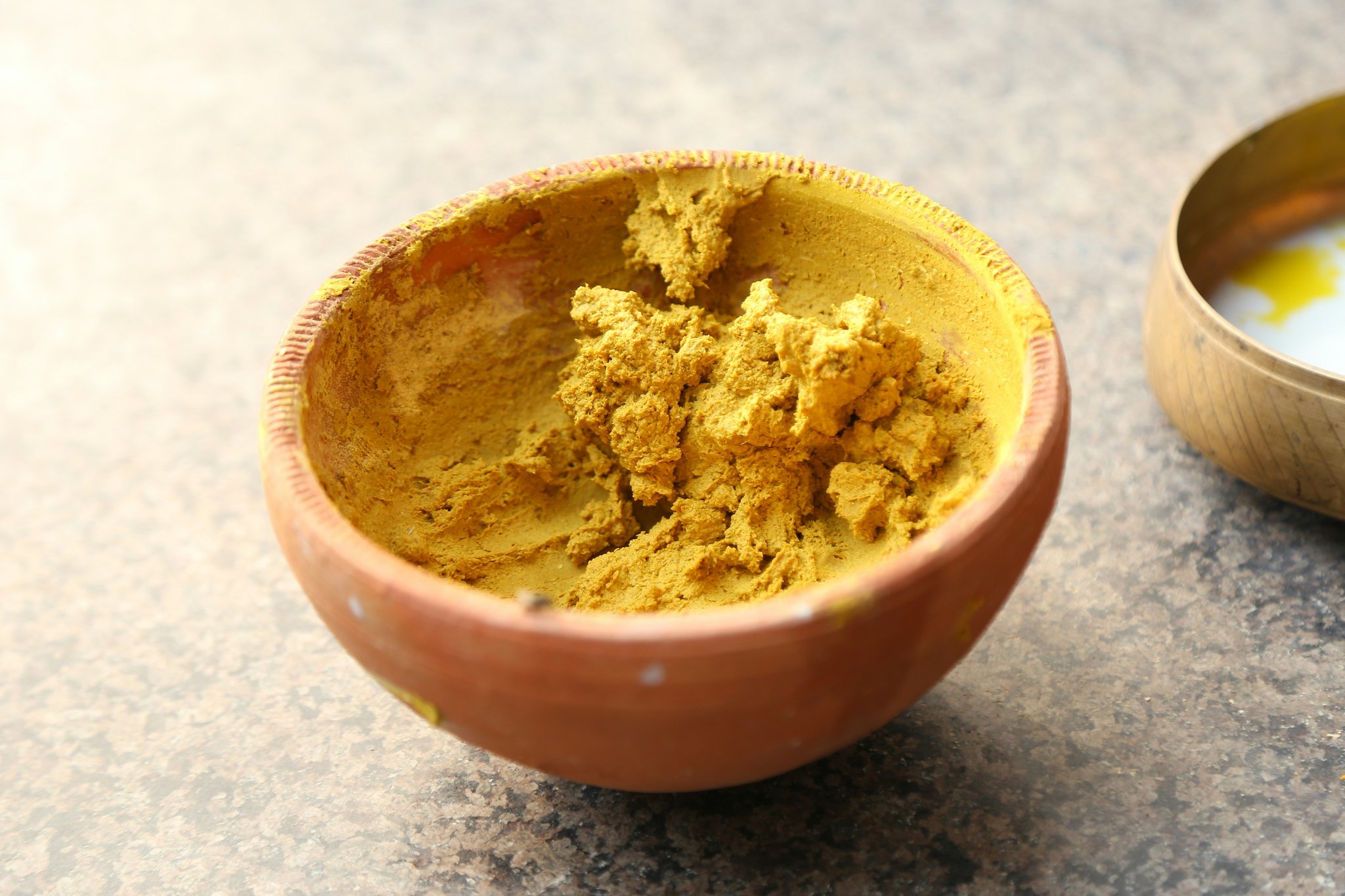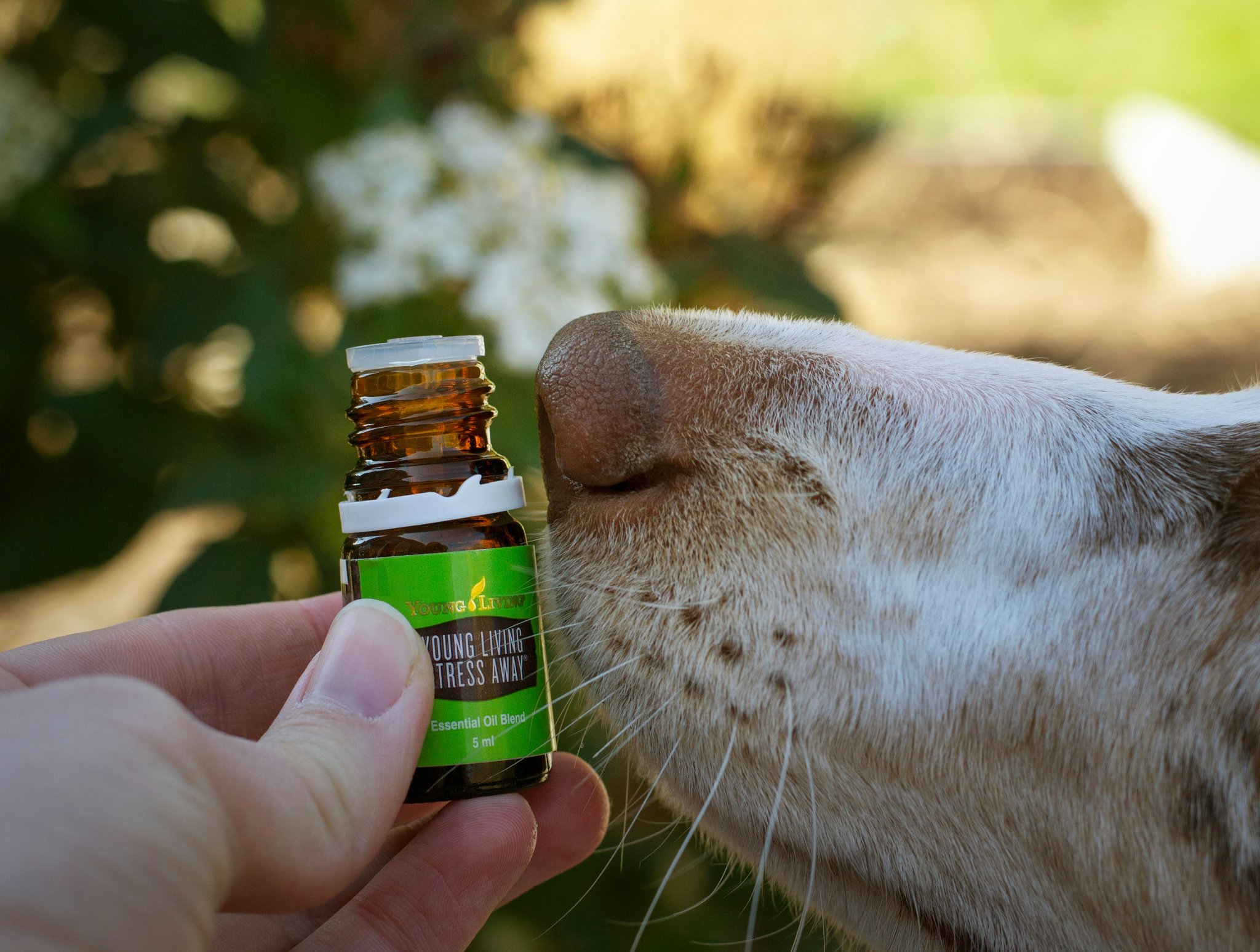Have you ever noticed your dog or cat limping after a playful romp outside, and felt that helpless ache in your chest? Aging pets often deal with joint pain, stiffness, and inflammation—but what if there was a natural way to help ease their discomfort? Enter turmeric joint care, the golden spice that’s making waves in pet wellness. In this article, we’ll explore how turmeric supplements can transform your furry friend’s mobility, share step-by-step guidance on choosing the right product, and sprinkle in some real-world examples. By the end, you’ll be equipped with all the tools (and turmeric tips) you need for happier, healthier joints.
Table of Contents
- Why Joint Pain Is a Growing Concern in Pets
- How to Choose the Right Turmeric Supplement
- Best Practices for Administering Turmeric
- Success Stories: Real-Life Results from Turmeric Joint Care
- Frequently Asked Questions About Turmeric for Pets
Key Takeaways
- Turmeric’s active compound curcumin has anti-inflammatory properties perfect for joint health.
- Not all turmeric supplements are created equal—check ingredients, dosage, and quality.
- Dosage matters: Too much turmeric can upset your pet’s stomach; moderation is key.
- Pets respond differently to supplements based on age, breed, and pre-existing conditions.
- Combine turmeric with proper diet and moderate exercise for maximum benefits.
Why Joint Pain Is a Growing Concern in Pets
If I had a dollar for every time my old Lab mix whimpered trying to climb onto the couch… well, let’s just say vet bills would’ve been less painful. Joint issues plague an estimated 20% of dogs over two years old and countless senior cats worldwide. Whether it’s arthritis, hip dysplasia, or general wear-and-tear, these ailments aren’t just uncomfortable—they’re heartbreaking to witness.
I remember dumping piles of money into prescription meds back then, thinking it was the only option. Spoiler alert: It wasn’t. Then came turmeric into our lives—a tiny orange root packed with massive healing potential. Here’s why it works:
- Anti-Inflammatory Powerhouse: Curcumin fights inflammation at its source, reducing swelling and soreness.
- Natural & Safe: Unlike NSAIDs, which carry risks like kidney damage, turmeric offers gentler relief.
- Versatile Use: Works wonders not just for joints but also digestion, skin health, and immune support.

How to Choose the Right Turmeric Supplement
Optimist Me: “Choosing turmeric is easy!”
Grumpy Me: “Ugh, fine—but did you know poor-quality turmeric might do more harm than good?”
Here’s your foolproof guide to picking the best turmeric joint care supplement:
- Look for High-Quality Ingredients: Skip fillers, artificial colors, and unnecessary additives. Opt for organic, non-GMO sources.
- Check Bioavailability Enhancers: Curcumin isn’t easily absorbed alone. Look for formulations paired with black pepper extract (piperine) or liposomal delivery systems.
- Vet-Recommended Brands: Always choose supplements endorsed by veterinarians familiar with pet anatomy.
- Proper Dosage Information: Avoid vague instructions. Quality brands will specify amounts tailored to weight ranges.

Best Practices for Administering Turmeric
Let’s face it, giving pills to pets feels like trying to sneak veggies past a toddler—it rarely goes smoothly. But here are five pro tips to make life easier:
- Hide it in treats or mix it with food. Peanut butter anyone?
- Start small! Gradually increase doses to prevent tummy upsets.
- Pair with fatty foods (like cheese or yogurt) to boost absorption.
- Monitor reactions daily. If diarrhea or vomiting occurs, stop immediately.
- Avoid combining with blood-thinning medications unless approved by a vet.
Rant Alert:
“Don’t give your 7-pound Chihuahua the same dose as your 80-pound Rottweiler!” Yes, people actually do this, and no, it doesn’t work. Please consult a professional before experimenting with dosages. Your fur baby deserves better than ‘guesswork medicine.’
Success Stories: Real-Life Results from Turmeric Joint Care
Meet Max, a 9-year-old Golden Retriever who could barely muster a wag when his owners first tried turmeric. Within weeks, he rediscovered his springy gait and even started chasing squirrels again. His happy ending? A combination of 500mg turmeric capsules daily alongside regular swims therapy.
Or consider Luna, the calico cat diagnosed with early-stage arthritis. Her owner swapped pricey drugs for turmeric powder mixed into wet tuna. Three months later, those nightly complaints about climbing counters were gone.

Frequently Asked Questions About Turmeric for Pets
Is turmeric safe for all pets?
Mostly yes, but always check with your vet first. Dogs and cats generally tolerate it well, but animals with liver disease should avoid high doses.
Can I use human-grade turmeric instead of pet-specific products?
Technically, yes—if you ensure the correct dosage and watch out for extra spices like garlic or onion, which are toxic to pets.
How long does it take to see results?
Turmeric builds up over time. Most pet parents notice improvements within 4–6 weeks of consistent use.
Conclusion
Caring for your pet’s joints doesn’t have to mean endless vet visits or complicated treatments. With turmeric joint care, you can offer them natural, effective relief while boosting overall wellness. Remember: Quality counts, patience pays off, and a little creativity goes a long way when sneaking supplements into treats.
So next time your buddy struggles to stand up, don’t panic—reach for the golden root. Because like Pokémon Go during summer 2016, sometimes simple things bring pure joy.
*Haiku Break:*
Golden glow soothes paws
Old bones dance through autumn leaves
Turmeric triumphs!


